Interview with Bernhard Weber, General Manager, Baden-Württemberg International Nanjing; Chief Representative of the State of Baden-Württemberg in China
Can you tell me more about your first impression of the European Chamber?
Before 2004, there was an informal foreign managers’ association in Nanjing, but its scale and its impact were much smaller. I encountered the European Chamber when I worked as chief financial officer of Bosch Siemens Home Appliances in Nanjing, I thought it was a great idea to open a Nanjing Chapter. European companies were given a platform to exchange information and, with the Chamber’s support, communication with local authorities became much more efficient.
I would like to take this opportunity to thank Helmut Güsten, who founded our Nanjing Chapter. This was not an easy thing to do, but he made it happen. His efforts, initiative and contribution are highly appreciated by the foreign community here in Nanjing.
What’s the difference of China’s business/regulatory environment in the industry today vs. 20 years ago?
At that time, the regulatory environment was weak; the authorities were testing many new policies, many of which did not make any sense. Foreign enterprises lacked legal security and understanding of local laws. Over time, local governments accepted the opportunity to work with the Chamber, and many of our recommendations were taken under consideration. Policy interpretations were and still are very important part of our advocacy efforts; for example the interpretation of environmental rules, which are very important to many of our members from the manufacturing industry. Through very open and direct dialogue, the local government understands how our member companies perceive the work of the government, and our members have better knowledge of how to apply the regulations. 20 years ago, as foreign-invested enterprises (FIEs), we were fairly big fish in a small pond. In the meantime, the situation has changed and now we are mainly small fish in a big pond. This is not so much referring to the actual size of the foreign part of the Chinese economy, but of the perceived attractiveness of foreign companies as employers. Nevertheless, in the last 20 years, a lot of Chinese companies developed very successfully, and in most fields, FIEs are competing with strong local companies. Now it is important for European enterprises to understand how to deal with this competition, not only in China but also in Europe. Our mission is to make sure that members can continue to be successful in the Chinese market as well as in their home countries.
What role do you expect the European Chamber to take in the next 20 years?
The structure of the European Chamber is not very homogenous, because we have offices in different areas of the country and different chapters have different focuses. When it comes to our Nanjing Chapter, we always pay great attention to what is requested by our members in Jiangsu Province. On the national level, the Chamber is doing a great job by addressing issues directly to the central authorities. On the local level, we must make sure to keep a working relationship with the relevant government departments. I think it would be a good idea to introduce national education courses that we can spread around the country. Our Nanjing Chapter takes special care to provide ongoing education courses for our members, specially our small and medium-sized enterprises, which are often not in a position to maintain their own inhouse training departments and are therefore depending on outside support. If we could have European Chamber nationwide training courses on relevant fields, we would also set a certain standard.
We are all expecting the government to open the Chinese market more and more, in order to create the same opportunities for FIEs and local companies. I hope that this will happen soon and that EUCCC will continue to lobby for it.
There are many stories I could share.
I am always glad when we can support individual members in solving their problems. But I am especially proud of the times when we can have bigger meetings with the local government. It is very important for us that both the Jiangsu and Nanjing governments understand that we are really representing a major part of the FIEs from Europe in this region.
Is there anything else you would like to share with us?
I think the more the merrier, with our voice we can do a lot to support European Companies. We hope we can keep growing; more members in the chamber will make our voice even stronger and it will have more impact.
Also, I am very grateful to our loyal members which carried the whole organisation for many years; their support was crucial to the development of the whole Chamber. Thank you to you all!
Bernhard Weber, General Manager, Baden-Württemberg International Nanjing; Chief Representative of the State of Baden-Württemberg in China
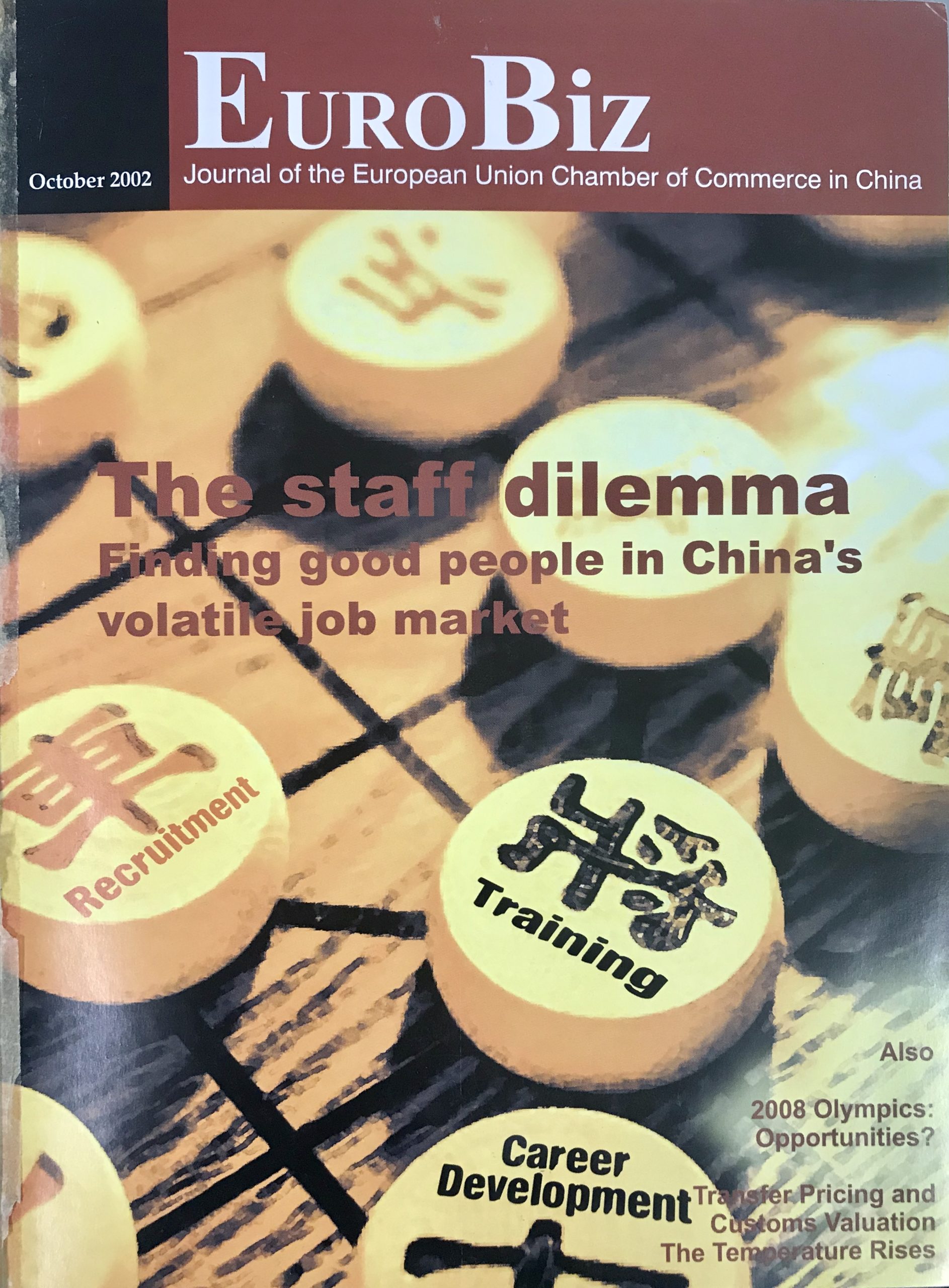
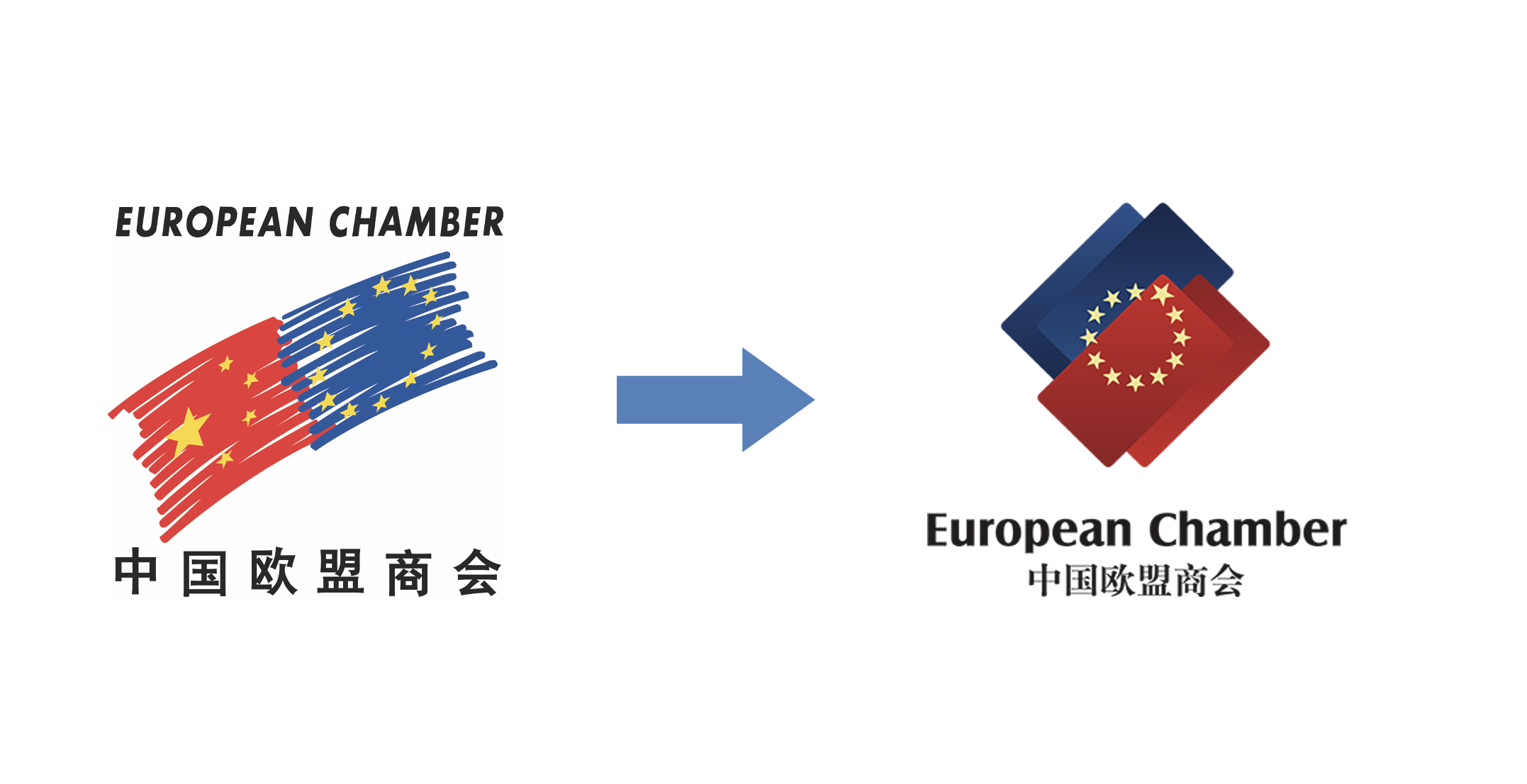
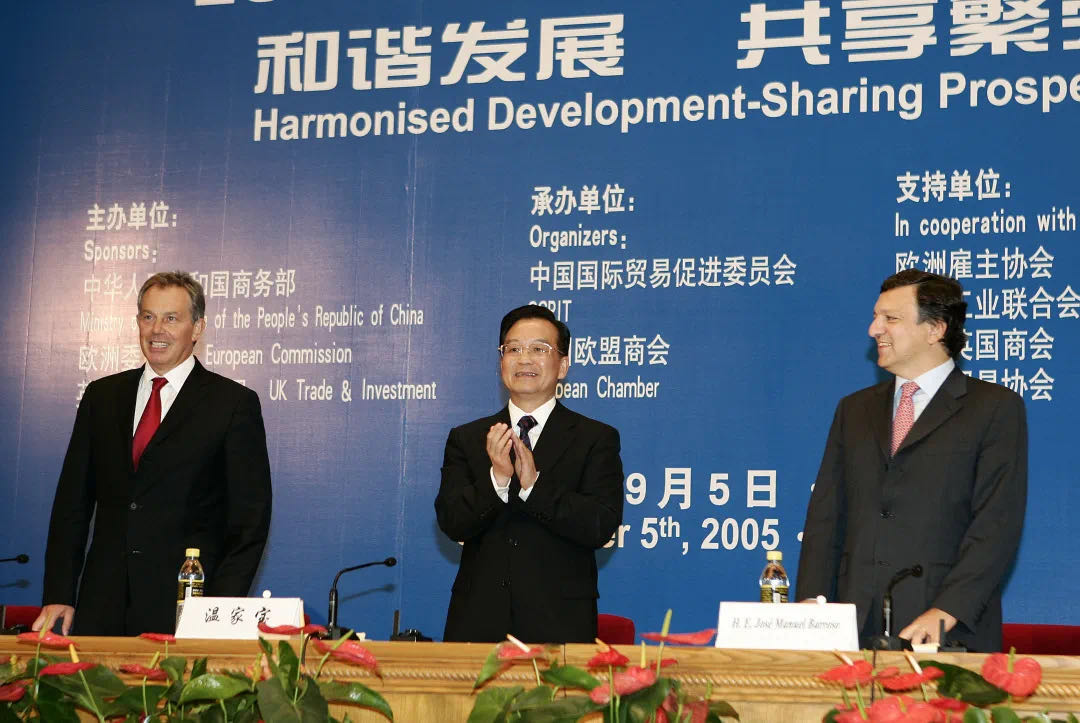
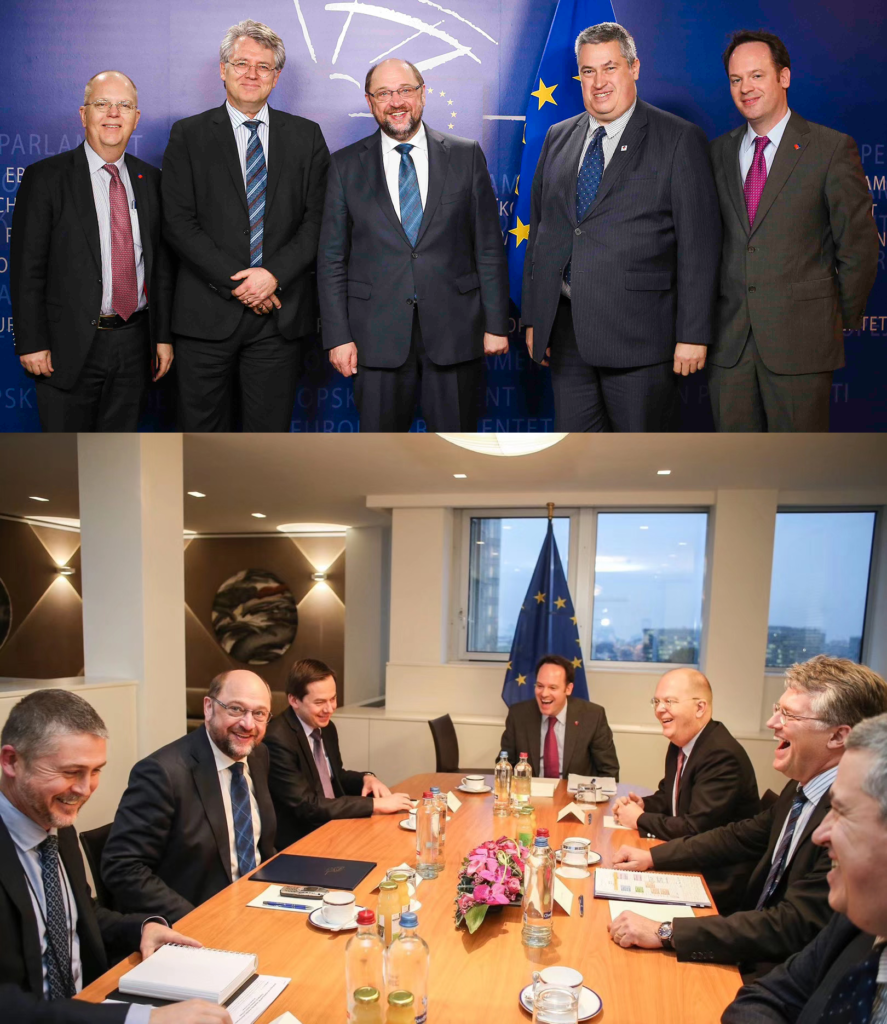

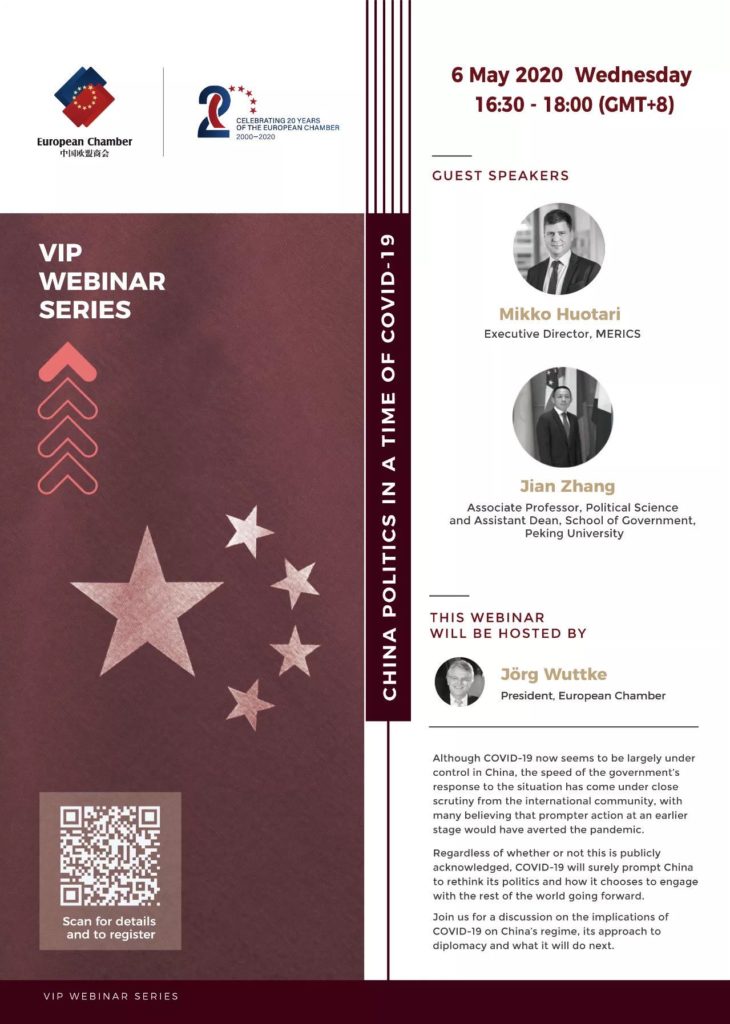
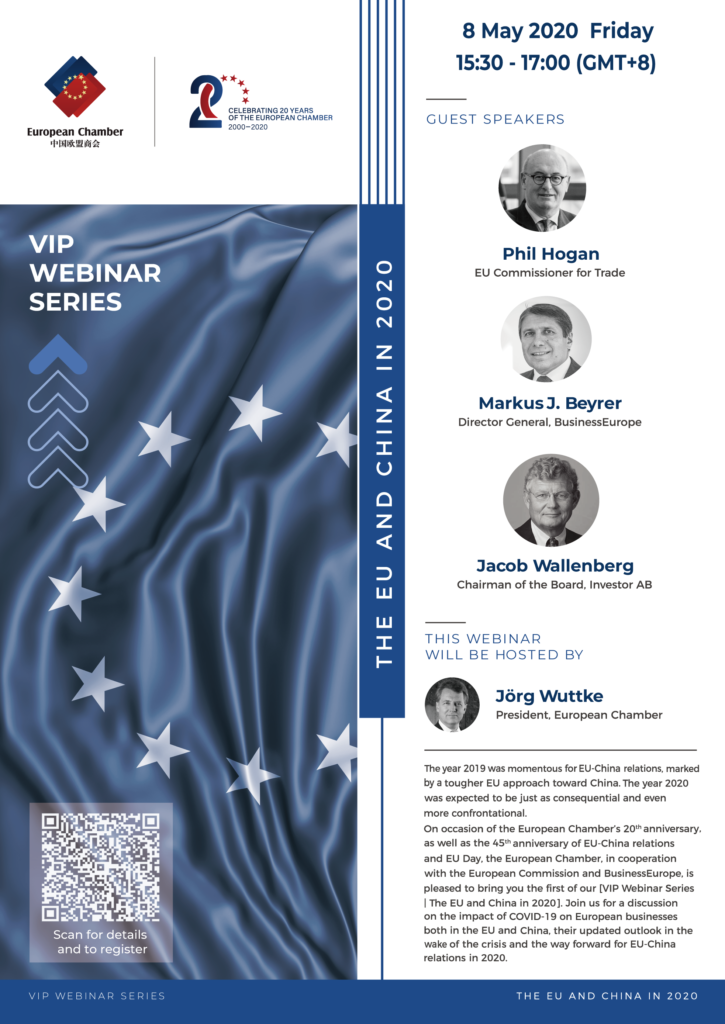
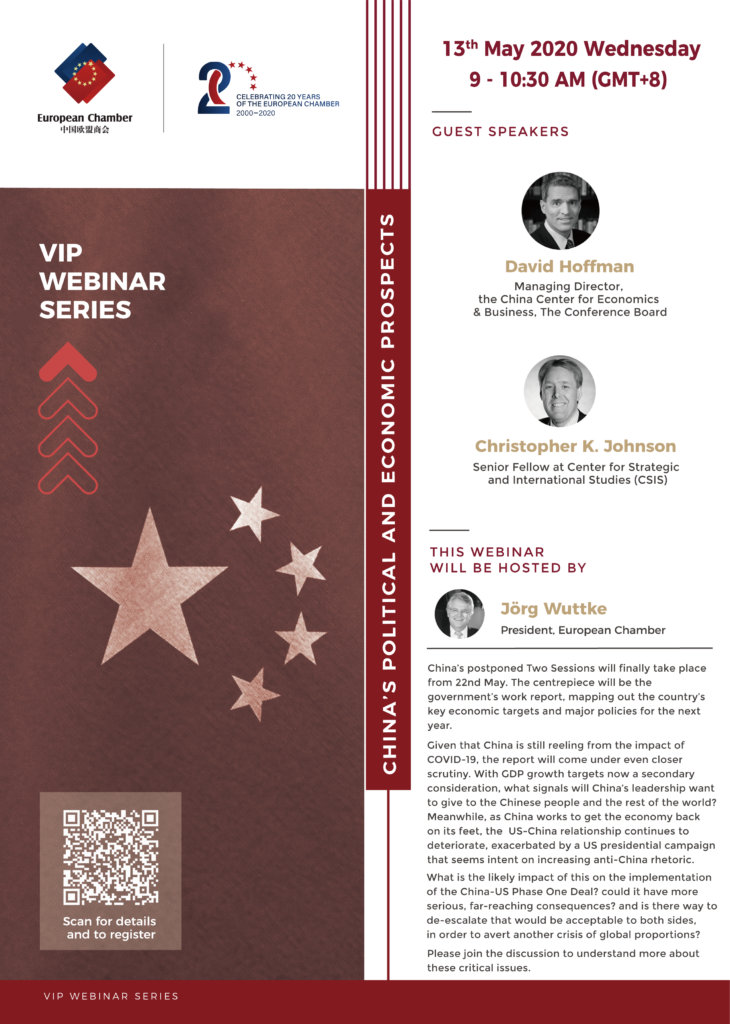
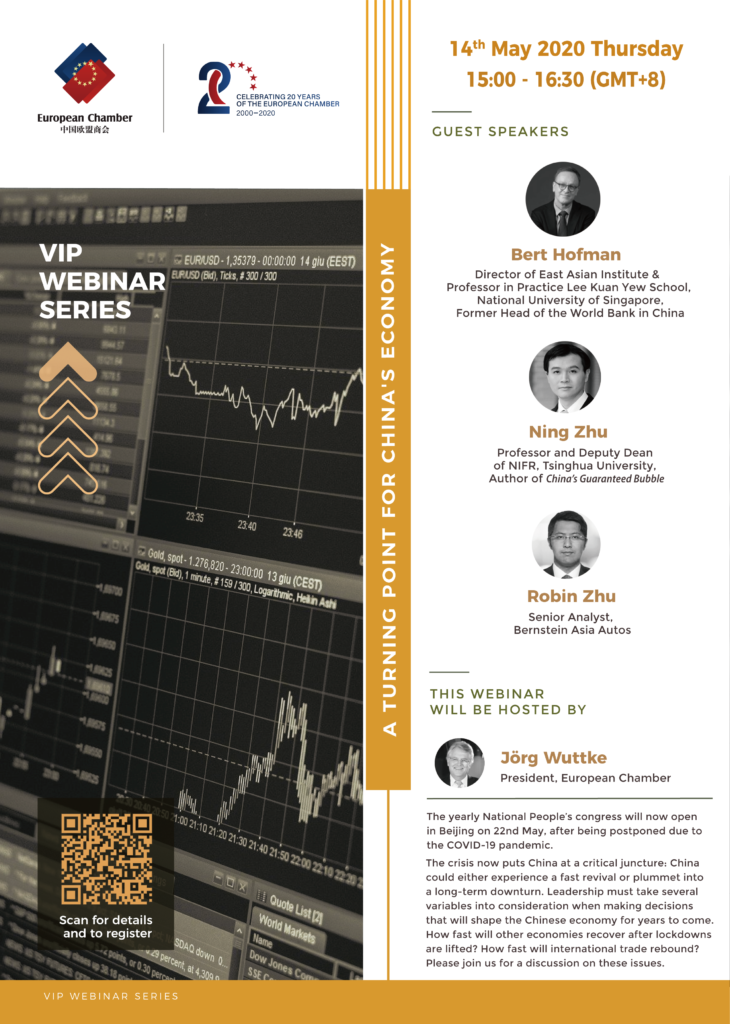
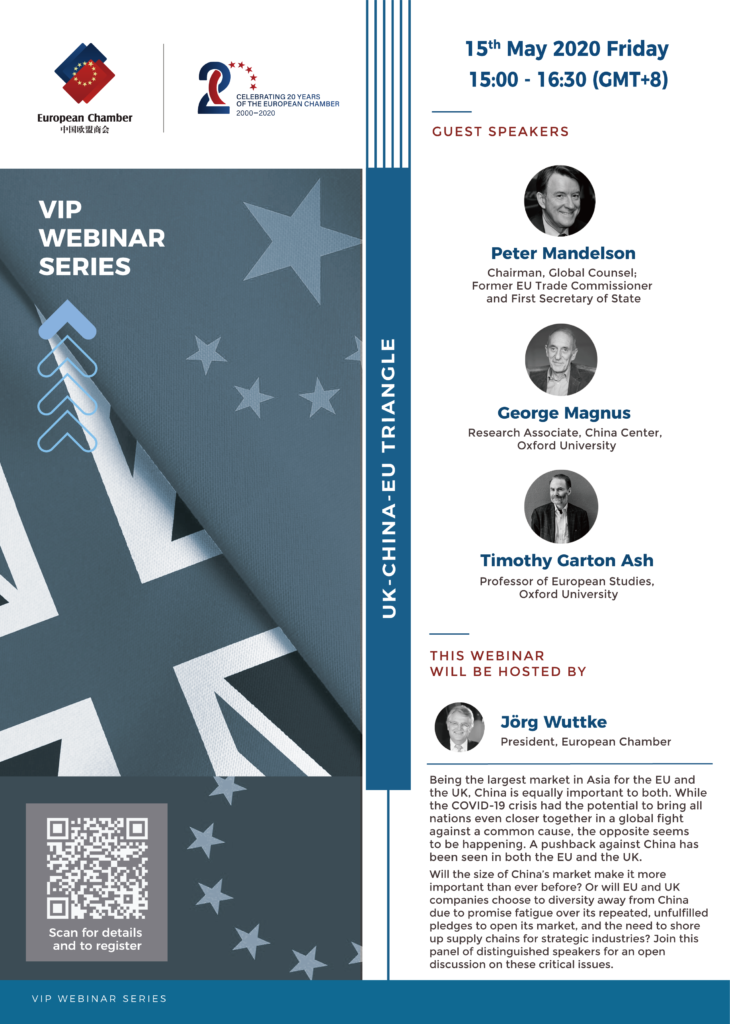
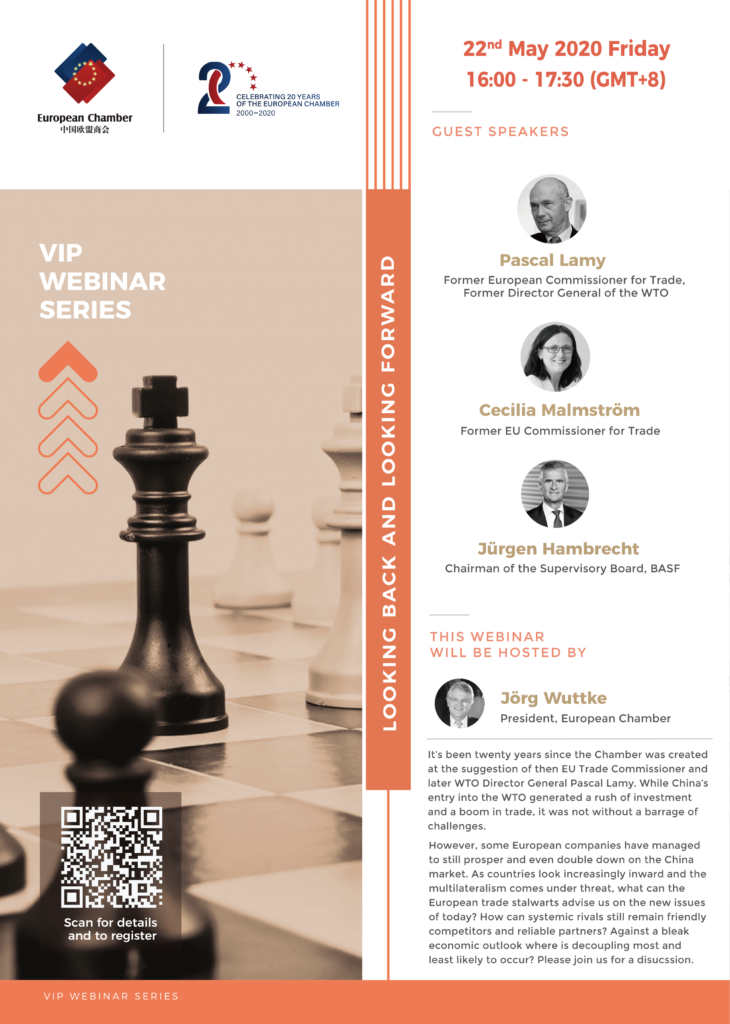
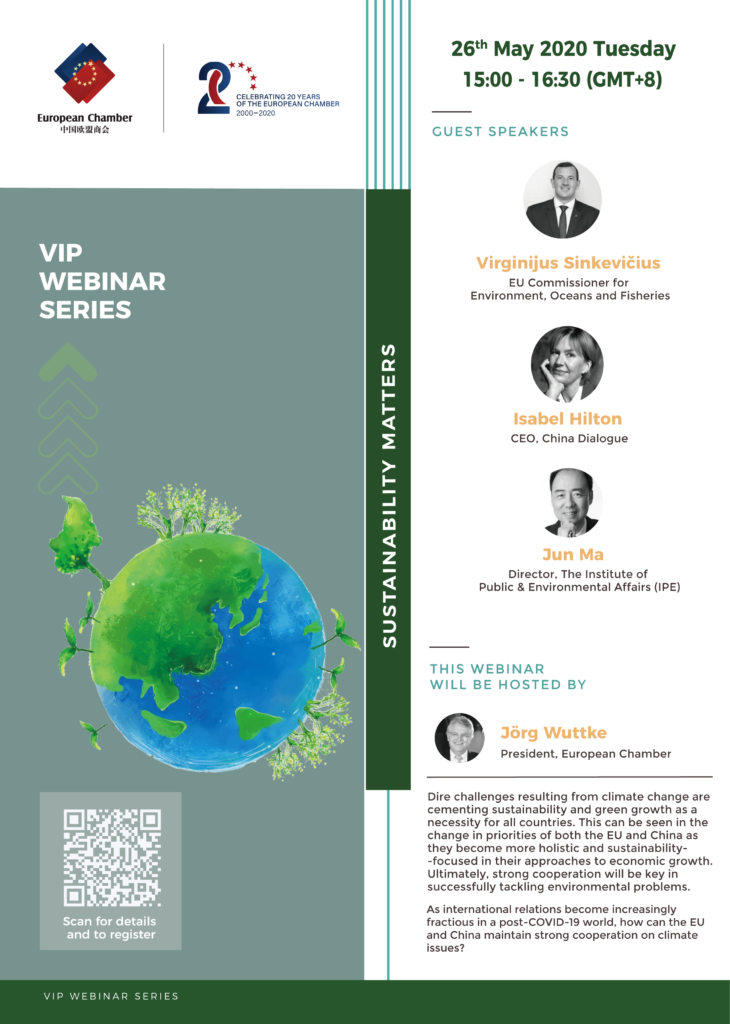
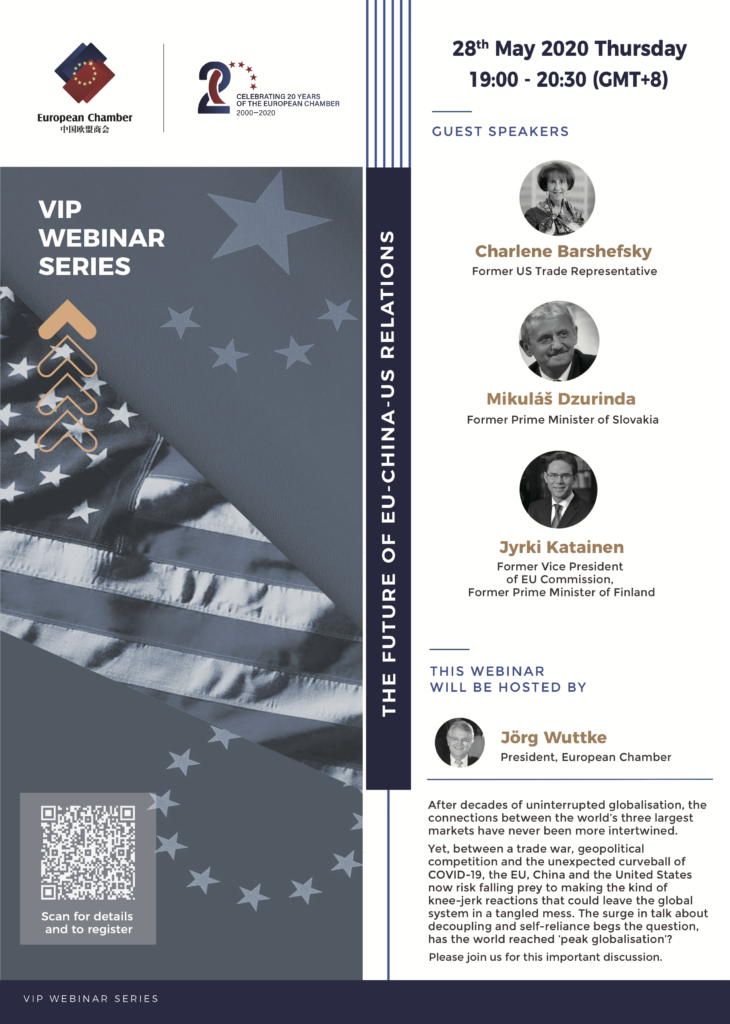
Leave a Reply